Reimagining the City in a Changing World: UArizona Hosts Inaugural Urban Humanities Global (Un)Conference
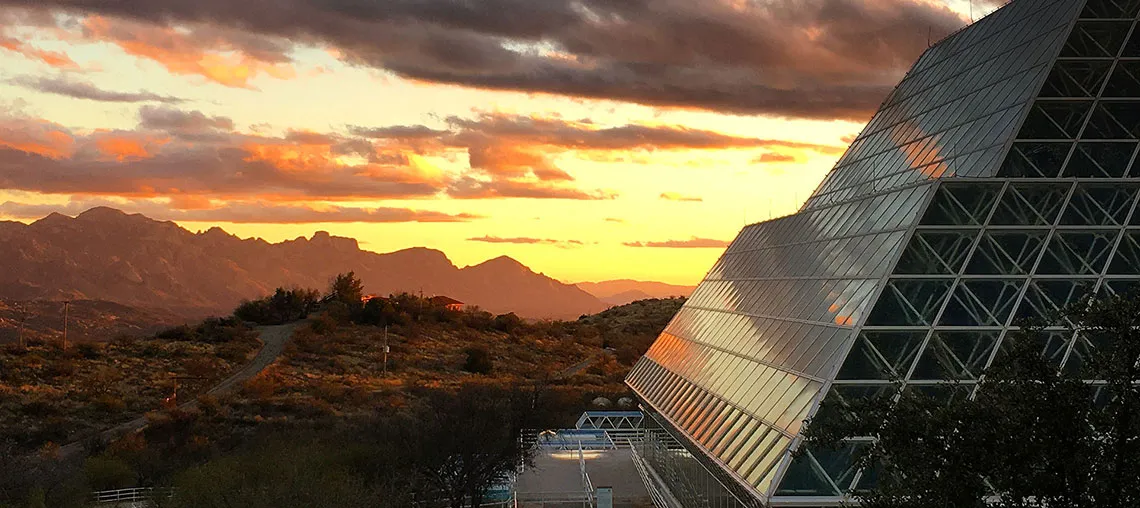
Biosphere 2. Photo by Simmons Buntin.
From FORGE at the Roy Pace Building, a remodeled 1929 Montgomery Ward in the heart of downtown Tucson, to the domes and pyramids of Biosphere 2, the inaugural Urban Humanities Global (Un)Conference held March 3-5, 2023 will draw close to a hundred scholars, practitioners and community leaders to the Sonoran Desert to chart a path forward for the next generation of spatial transdisciplinary research, design and public engagement.
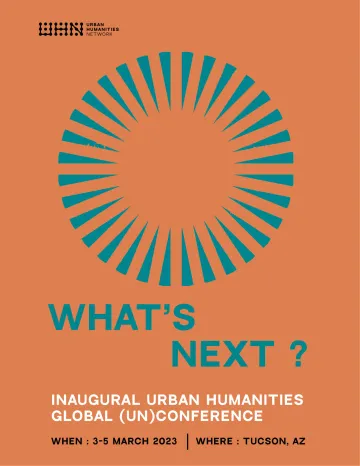
Nominally an academic conference, the event serves as an intersection point for emerging scholars and practitioners in architecture, urban studies and the humanities to gather and exchange. Attendees are “urban humanists” who will remix the work they bring to share in a range of place-based workshops and site visits. Over three days, this cohort of scholars, graduate students, artists and community leaders will envision a new field while in the field—through roundtables and lightning talks, panels and field-trips, and performances and salons held across the city.
The cultural and environmental landscape of Southern Arizona inspired the organizers. “We wanted to center the complexity of our site as hosts to this inaugural event,” says Jacqueline Barrios, assistant professor of public and applied humanities and one of the organizers of the gathering. “There’s incredible payoff to sustained, collective attention to space in our Southern Arizona context.”
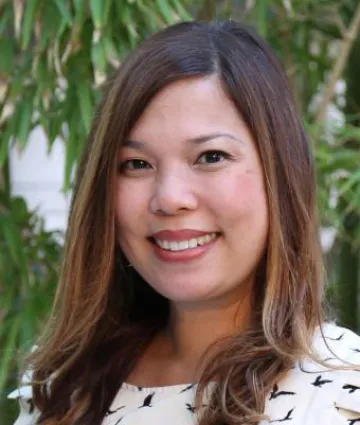
Jacqueline Barrios, Assistant Professor of Public and Applied Humanities.
The uniqueness of the gathering insists on an attunement to site specificity, says Jonathan Jae-an Crisman, affiliated assistant professor of architecture and urban planning and fellow (un)conference organizer. “Before the pandemic, it was typical for hundreds of academics to fly to a city and spend the whole time in a generic conference hotel, but given the risk of disease, a warming climate and how precarious so many of our financial situations are, this is now just a non-starter,” he says. “We wanted to flip the script on the conference, and really make our travel meaningful. By engaging with the place of Southern Arizona, critically reflecting on our shared urban future and creating space for community building, we’re hoping that the ‘unconference’ will become the norm.”
The region’s austere ecological frailty and fraught borderlands history, its dys/utopian imaginaries and its endurance as homelands for tribal nations all shaped the (un)conference’s agenda. In walks through the Arizona-Sonora Desert Museum or in a guided immersion through Cecila Vicuna’s monumental Sonoran Quipu at the Museum of Contemporary Art Tucson, and in salons and workshops at FORGE to a closing reception in the basement of The Citizen Hotel, the remodeled offices of Tucson’s first newspaper press, the (un)conference seeks to provoke, unsettle, collectivize and dream.
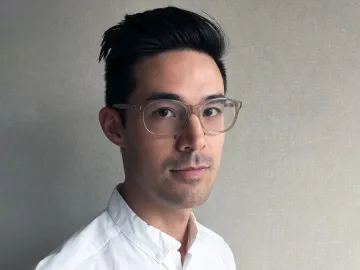
A centerpiece of the (un)conference is a “micro field studio,” where attendees will test new methods for studying space in the largest enclosed environment on Earth, the Biosphere 2. While under the glass, participants will use narrative, sound art and even gleaning to consider urban space in a structure designed to escape it.
“The micro field studio will give all conference participants a chance to reflect on both the site of Biosphere 2 and the future of urban humanities, creating a hopefully productive dialogue/conversation between place and conference content,” says Kenny Wong, a lecturer in sustainable built environments. Five teams have been invited to test a specific place-based research or experiential method that they have developed at the Biosphere 2 site, with the aim of seeing how the method works in engaging with this new environment.
The event is being convened by the newly established Urban Humanities Network, a consortium of campuses that includes the University of Arizona, Harvard University, Princeton University, UC Berkeley, UCLA and Washington University in St. Louis. UArizona, through efforts spearheaded by the Department of Public and Applied Humanities (PAH) in the College of Humanities and in partnership with the College of Architecture, Planning and Landscape Architecture (CAPLA), joins the consortium as the host campus of the inaugural event.
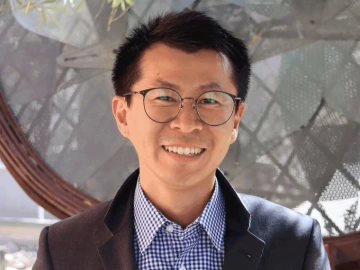
Kenneth H. Wong, Lecturer in Sustainable Built Environments
Barrios and Crisman, both PAH assistant professors, along with Wong, lecturer from CAPLA, represent UArizona as members of the event’s steering committee. Gus Wendel (UCLA), Jonathan Banfill (Champlain College) and Sai Rojanapirom (Kalm Village) complete this transdisciplinary team. All steering committee members shared the experience of spatial transdisciplinary graduate study at UCLA’s Urban Humanities Initiative, a sponsor of the (un)conference.
The organizers hope that in manifesting this cross-campus, local and global, and transdisciplinary network, new affinities and openings for collaboration will continue, both on the ground in Tucson and across the close to 30 institutions and organizations represented by the gathering.
“We believe a lot can happen in three days,” says Barrios. “We hope the community we create here lives on ‘outside of the glass’ of this temporary laboratory we’ve conspired to make. We hope we come away with new partners for shaping the spaces we want to inhabit together.”
Learn more about the inaugural Urban Humanities Global (Un)Conference held March 3-5, 2023 in Tucson, Arizona.



